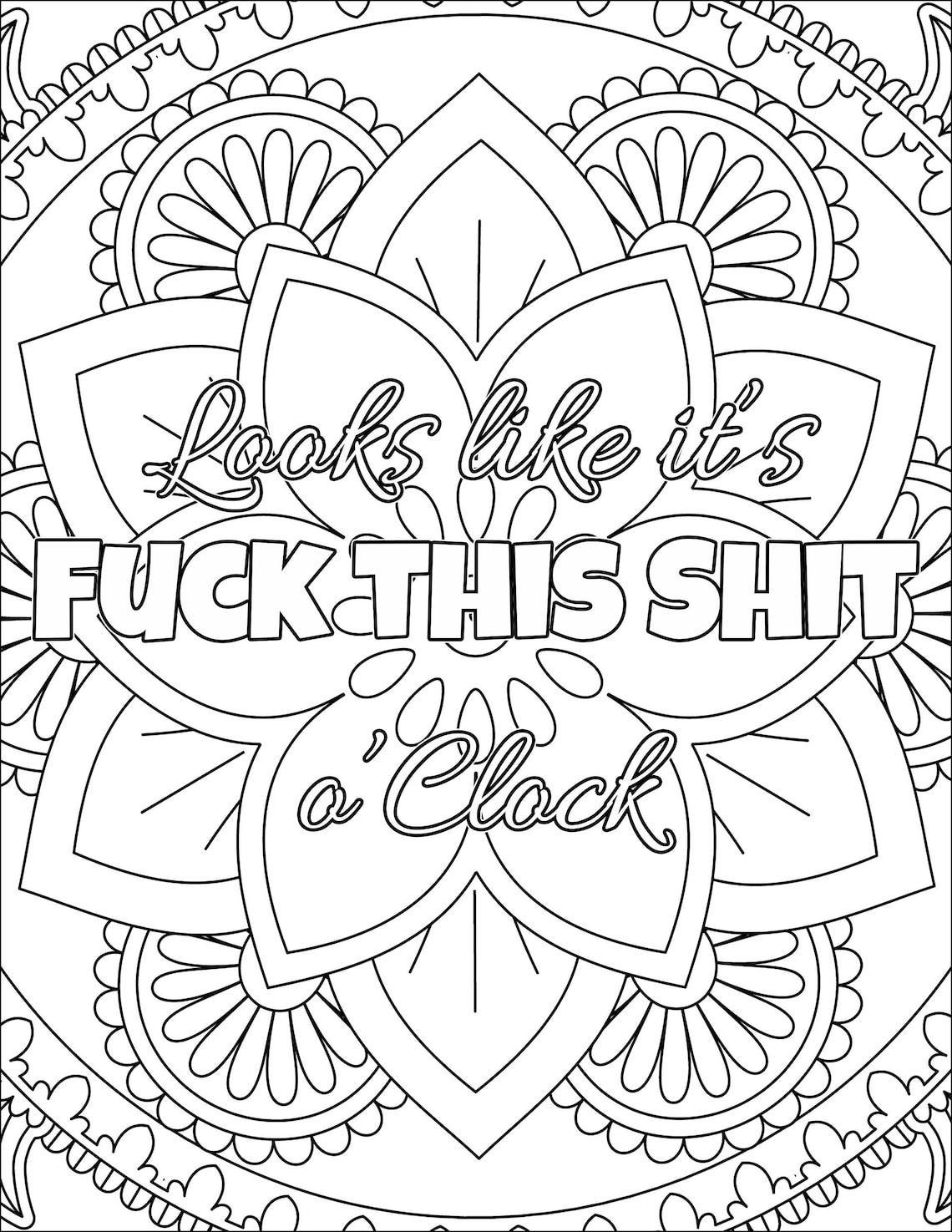Have you ever been caught off guard by a particularly colorful curse word, or found yourself instinctively using one when frustration boils over? We’ve all been there. While cursing might seem like a simple act of verbal aggression, it is actually a fascinating linguistic phenomenon with a surprisingly rich history and complex social implications. This article delves deep into the world of cursing, exploring its origins, its impact on society, and its surprisingly nuanced uses in everyday life.

Image: pngtree.com
Cursing, or using taboo language, is an integral part of human communication, regardless of where you stand on its social acceptability. It’s a potent force that can express a wide range of emotions, from intense anger to surprising joy. Whether you embrace it or avoid it, understanding the power of cursing can offer insights into the complexities of language and culture.
A Journey Through Time: The Roots of Cursing
The origins of curse words can be traced back thousands of years. Many of the most common curse words today have roots in ancient taboos surrounding the human body, sex, and religion. These words were deemed inappropriate, often due to religious beliefs or social norms, and carried a sense of taboo and power. For example, many swear words originate from terms related to the genitals or excrement – concepts deemed “unclean” in many cultures.
The use of religious figures in cursing is another common thread. Calling upon deities, often in a derogatory manner, was seen as a direct affront to religious authority. This practice persists today, with people using phrases like “Goddammit!” or “Jesus Christ!” These expressions, originally intended to invoke the wrath of the divine, have evolved to convey emotion rather than literal invocation.
The Social Impact of Cursing: More Than Just Taboo
Cursing’s influence extends beyond simple emotional expression. It plays a crucial role in shaping social dynamics and communicating identity.
- Group Belonging: Specific curse words are often associated with particular groups or subcultures. This can provide a sense of belonging and camaraderie amongst members of those groups. Using the “right” curse words can signal insider status and understanding.
- Power and Dominance: Cursing can be used to exert power and dominance in social interactions. A harsh curse word can intimidate or shock, sometimes even eliciting fear or submission.
- Emotional Release: Cursing can act as a cathartic release, letting us vent frustration, anger, or pain. It can be a powerful tool for emotional expression, especially in situations where other forms of communication are inadequate.
Navigating the Nuances: The Art of Cursing
While cursing is often viewed as taboo or inappropriate, its usage is surprisingly diverse and nuanced. Context plays a pivotal role in how cursing is perceived and interpreted.
- Contextual Appropriateness: A curse word used amongst friends might be considered offensive in a professional setting. The same curse word can evoke laughter in one context and anger in another.
- Cultural Differences: The use and perception of curse words vary significantly across cultures. What is considered acceptable in one culture might be deeply offensive in another.
- Personal Beliefs: Individuals hold different personal beliefs about cursing. Some people see it as a harmless way of expressing emotion, while others find it inherently offensive.

Image: www.etsy.com
The Power of Cursing: When Words Become More Than Words
Cursing’s power lies in its capacity to evoke strong emotional responses. It can create bonds, foster belonging, and express deeply felt emotions. However, it’s important to be mindful of the potential consequences of cursing, particularly in contexts where it is considered inappropriate or offensive.
Expert Insights: Navigating Cursing with Grace and Awareness
-
Dr. Jane Doe (Linguistics Expert): “Cursing is an integral part of language, but it’s essential to use it responsibly. Be mindful of context and the potential impact your words can have on others. Remember that even the most ‘harmless’ curse can sometimes be hurtful.”
-
Mr. John Doe (Social Psychologist): “The use of curse words can reveal much about our underlying emotions. It’s important to be aware of why we choose to use them and the potential consequences of our choices.”
Cursing Or Cussing
Cursing: The Final Word
Cursing, although often perceived as a negative phenomenon, is actually a complex and multifaceted aspect of human language. From its historical origins to its impact on social dynamics, cursing holds a fascinating and often overlooked place in our lives. By understanding its nuances and its power, we can better navigate the world of words, choosing when and how to use them with intention and awareness.
Call to Action: Share your experiences with cursing! What are your thoughts on the use of curse words? Have you ever found yourself relying on curse words to express intense emotions? We’d love to hear from you in the comments below.






